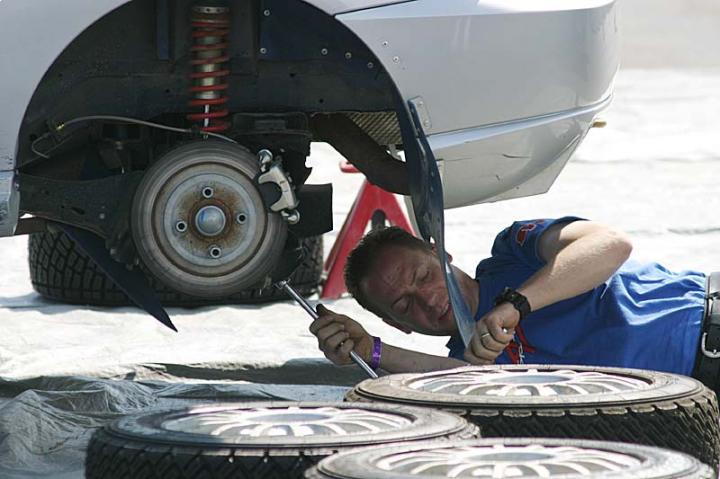Making your dream into a reality
Hundreds of petrolheads across the UK probably dream of opening their own body shop in order to turn their hobby into a business. Mechanics or car enthusiasts who dream of owning their own garage can make this a reality providing they take a careful approach to planning, funding and protecting their start-up.
For those looking to go it alone in the car maintenance business, there are a few key points to consider and a whole range of financial help to aid you in making your dream come true.
Finding a business to buy
The most realistic option for mechanics being lured out of paid employment will be to buy an established or struggling body shop, which will have everything set up to get going straight away. Your body shop will need a range of facilities and work areas, including a reception and waiting area, toilets for customers and staff, parking areas, and a back-office area; as well as the obvious space to carry out the maintenance work itself. Some garages will be sold complete with all equipment, but in other circumstances, you might have to stump up the initial cost of buying all your machinery and tools.
How do you go about financing a bodyshop start-up?
There are a number of options for young entrepreneurs to consider when looking into financing their new business idea. As well as self-funding or securing investment from friends and family, the first port of call may be the bank.
Bank lending to small businesses and start-ups has dropped off significantly in recent years and you may be required to stump up a fair amount of the cash yourself before a bank will even consider lending you any money for a business that has no proven track record.
Therefore, it might be wise to look into whether you qualify for a grant as a first option. The government can sometimes help with grants through programmes such as the Enterprise Funding Guarantee scheme for people from certain backgrounds or in certain business areas so this is worth looking into. Otherwise, organisations such as the Prince’s Trust have helped tens of thousands of young people set up their own businesses, through offering grants, loans and advice.
Another option is seeking out financing from an angel investor who is likely to see the potential in your business, but want a stake in it in return for their cash.
Bear in mind the responsibilities
Whichever funding route you choose, bear in mind the responsibilities that come with starting your own business, particularly if other people’s money and livelihoods are in your hands.
Keeping up with your paperwork, accounts and taxes is a major area to consider when starting out in business by yourself. There are a range of responsibilities that need to be adhered to in order to fulfil your requirements as a business owner, including real-time accounts reporting to HMRC and ensuring you pay your employees on time and have the cashflow in place to do so.
Adopting a cloud-based accounting software system can help you to keep on top of these requirements. Or, indeed, many garage owners may prefer to take on an accounts professional to do their books and keep their business’s financial and tax obligations in order. However, it’s important to remember that even if you employ an accountant, it’s still your responsibility, as the business owner, to file your taxes accurately and on time.
Taking out a comprehensive bodyshop insurance is an essential part of setting up on your own. It will provide you with financial protection for your tools, even if you are using them offsite, all your equipment, your premises and stock and, of course, these policies include employers' and public liability insurance.








